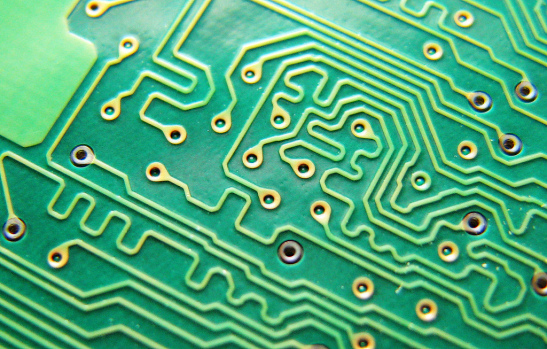Although Samsung has provided as much as 40 percent of the components for previous iPhone models, Apple is reportedly working with TSMC, the world’s largest privately owned chip manufacturer, to produce some of its processors for the upcoming iPhone 6 through at least 2015.
This is a major step away from Samsung, Apple’s biggest competitor in the smartphone market today. Though the company will still supply Apple with some processors, it will be a smaller portion, the Wall Street Journal reports. Components such as memory are also now being created by other manufacturers. The move is a big blow to Samsung, according to the WSJ, since the tech company recently had its first declining quarter in several years.
“Analysts estimate Apple’s new microprocessor orders will account for 10 percent of TSMC’s revenue this year,” the WSJ reports.
A Dominant Distributor
Apple’s TSMC contract grants the company further independence from a major competitor, one of the world’s largest manufacturers of electronics equipment and hardware, and a legal foe — Samsung and Apple have been engaged in near-constant patent litigation in recent years.
Samsung has gained a significant foothold in a number of different product categories—like smartphones, tablets, TVs, and digital cameras—because it controls the entire process, from development to manufacturing. The company is regularly a supplier for everything from silicon chips to displays for its competitors.
Switching CPU makers after years of collaboration is risky; however, Apple’s rigorous quality requirements means that it likely approves of TSMC’s manufacturing process, standards, and the resulting products.
Samsung’s Incentive
U.S. consumers will also benefit from the change because it will force Samsung to be more innovative than it has in the past. While the company’s Exynos processors—the chips used in many of Samsung’s smartphones, tablets, and even some laptops—are more powerful than Apple’s CPUs, they are also costlier and only compatible with the Android OS, which is not as energy-efficient as Apple’s iOS.
The real winner will be TSMC, which builds chips for many huge corporations like NVIDIA, AMD, and Qualcomm. It’s likely that Apple, interested in quality and quantity, has been forced to use Samsung to enjoy both. Apple is one of the few hardware makers that regularly requires tens of millions of units built within a short time frame, since its products sell so well on launch day.
The Smaller the Better
One other tidbit from the report is that Apple’s chip for the iPhone 6—the A8—will be a 20nm chip, smaller than the current 28nm. For CPUs, the smaller the chip, the faster it is, and the less heat it produces (less surface area reduces heat production, and less travel distance improves speed). The manufacturing process is extremely difficult, but if true, means we should see a significant boost in the processing speed for Apple’s next phone.
What do you think about Apple’s TSMC contract? Do you think it’ll do well for the next iPhone?
Image courtesy of Flickr
[cf]skyword_tracking_tag[/cf]

